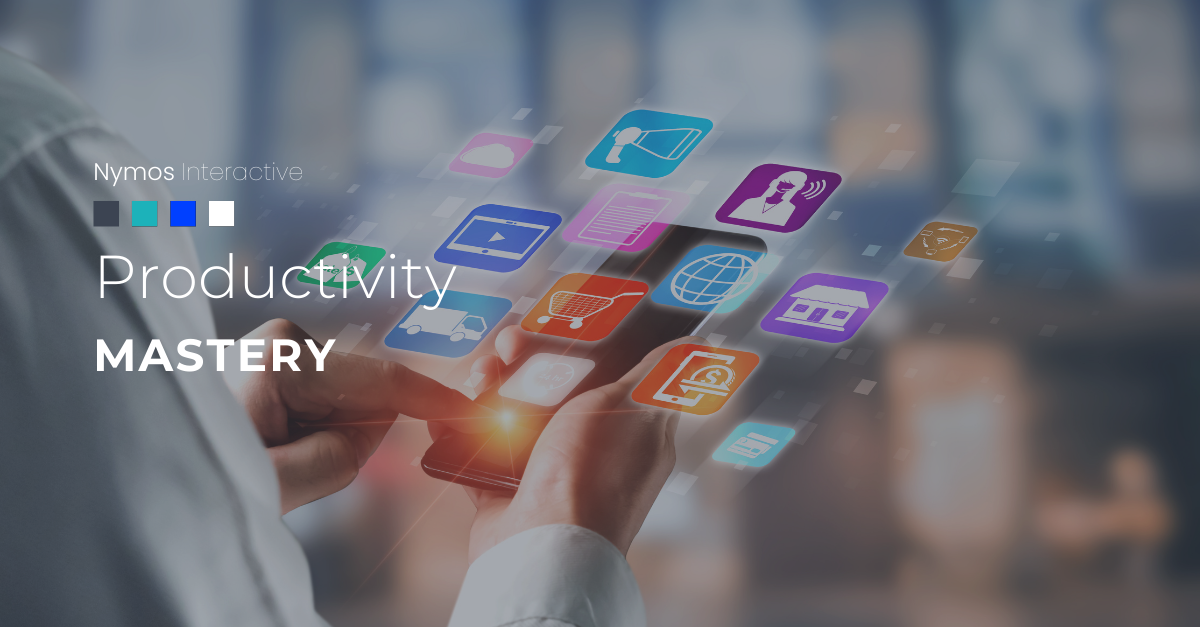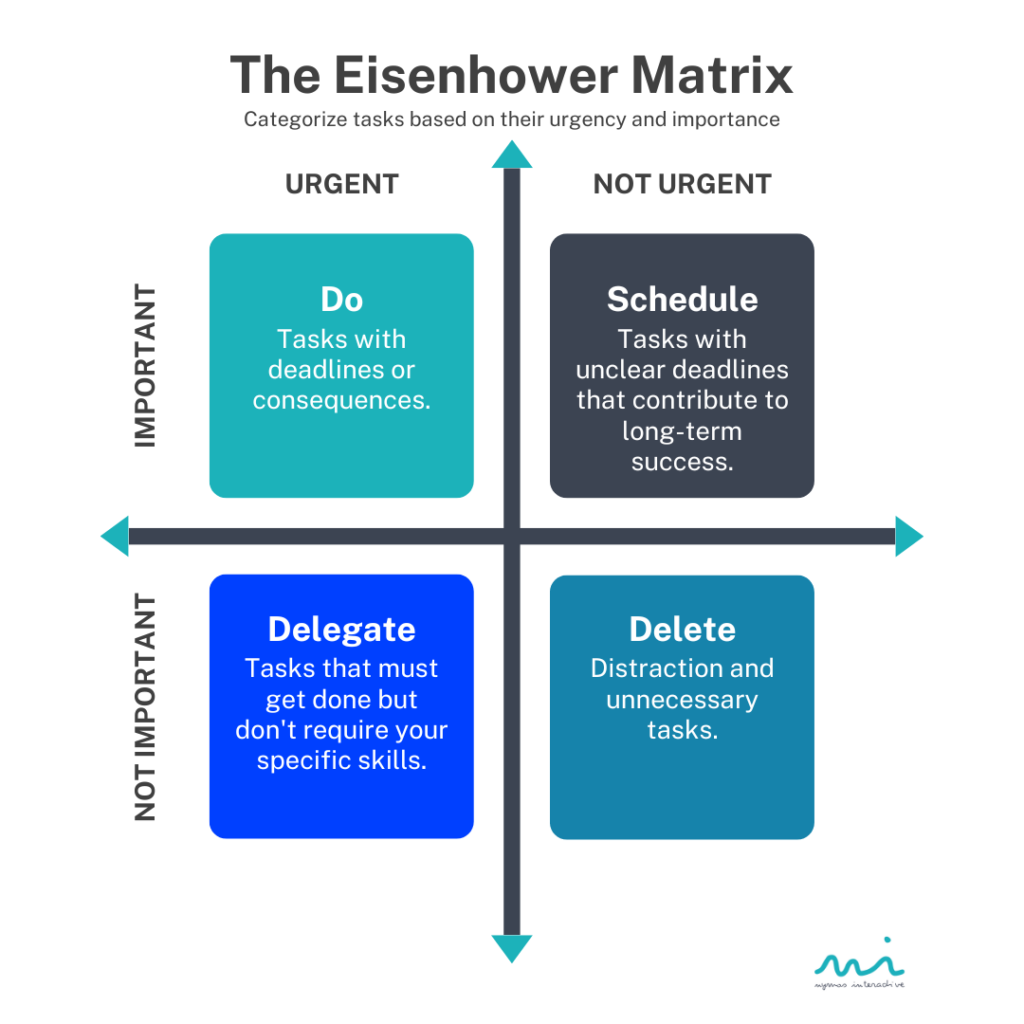Mastering Productivity: The Art of Working Smarter for Success and Well-being

In a world where the demands of work and life seem to be ever-increasing, the age-old adage “work smarter, not harder” has taken on new significance. The idea of working smarter is not about cutting corners or shirking responsibilities, but rather about leveraging effective strategies to optimize your efforts, increase productivity, and reduce stress. In this blog, we’ll delve into the concept of working smarter, exploring how strategies like time management, prioritization, and delegation can propel you toward success while maintaining your well-being.
Table of content
- Understanding Working Smarter: Beyond the Grind
- The Power of Effective Time Management
- Prioritization: Making Every Task Count
- Delegate to Elevate: Sharing the Workload
- Reducing Stress Through Efficiency
- Embracing a Smarter Work Ethic: Actionable Steps

Understanding Working Smarter: Beyond the Grind
Working smarter isn’t about doing less work, but it’s about doing the right work in the right way. It’s a shift from a quantity-focused mindset to one that emphasizes quality, efficiency, and effectiveness. When we work smarter, we create a balance between our professional and personal lives, leading to improved overall well-being.
The Power of Effective Time Management
One of the cornerstones of working smarter is effective time management. With only 24 hours in a day, it’s essential to make every minute count. Start by identifying your most productive hours and align your high-priority tasks with these periods. Use techniques like the Pomodoro Technique to maintain focus and prevent burnout. By setting clear goals for each day and segmenting your time, you can accomplish more without feeling overwhelmed.
You need an interval timer to implement this technique, but if you don’t have one you can use an online Pomodoro Timer, like Pomofocusto. Pomofocus is a customizable Pomodoro timer that works on desktop & mobile browsers. The aim of this app is to help you focus on any task you are working on, such as studying, writing, or coding.
Prioritization: Making Every Task Count
The art of prioritization is the heart of working smarter. Not all tasks are created equal, and recognizing this fact can make a world of difference. Use frameworks like the Eisenhower Matrix to categorize tasks based on their urgency and importance. By focusing on tasks that align with your goals and have the greatest impact, you can avoid getting bogged down by trivial matters and achieve meaningful results.

Delegate to Elevate: Sharing the Workload
Delegation is a skill that many individuals struggle with, often fearing that passing on tasks will diminish their value. However, delegation is a vital component of working smarter. Identify tasks that can be outsourced or assigned to others, whether it’s a team member or a virtual assistant. This not only frees up your time for more strategic tasks but also empowers your team members and fosters a culture of collaboration. Here’s how delegation achieves these benefits:
- Lightens Your Load: Delegation helps distribute workload, preventing individuals from becoming overwhelmed by tasks that could be handled by others. When you delegate appropriately, you can free up your time and mental energy for more strategic and critical tasks that align with your expertise and responsibilities. This leads to better time management, reduced stress, and improved overall efficiency.
- Empowerment and Trust: Delegating tasks demonstrates trust in your team members’ abilities. When you empower others by assigning responsibilities, you send a message that you believe in their skills and judgment. This fosters a positive work environment, boosts morale, and encourages individuals to take ownership of their tasks.
- Skill Development: Delegating tasks provides opportunities for your team members to develop new skills and expand their capabilities. When individuals are given tasks slightly beyond their comfort zones, they are more likely to grow and learn. This contributes to a workforce that is adaptable, versatile, and able to handle a wider range of challenges.
- Collaboration: Delegation encourages collaboration as team members must communicate and coordinate to achieve shared goals. When tasks are distributed among team members, they are more likely to collaborate, exchange ideas, and work together to achieve a common objective. This synergy often leads to innovative solutions and improved outcomes.
- Building a Strong Team: Delegation allows you to identify the strengths and weaknesses of your team members more effectively. As you assign tasks based on individual strengths, you create a team that complements each other’s skills. This diversity of expertise contributes to a more well-rounded and capable team.
- Leadership Development: Delegation is a fundamental aspect of leadership development. By delegating responsibilities, you create opportunities for emerging leaders to step up and take charge. As they handle tasks and make decisions, they gain valuable experience and develop leadership skills that are essential for their growth within the organization.
- Time for Strategy and Innovation: When you delegate routine tasks, you create the time and mental space to focus on strategic thinking, planning, and innovation. This is especially important for leaders who need to steer their teams or organizations toward long-term goals and stay ahead in a competitive landscape.
- Improved Decision Making: Delegation allows you to tap into the expertise of your team members, leading to more well-informed decisions. When tasks are shared among knowledgeable individuals, you’re more likely to receive diverse perspectives and insights, resulting in better decision-making processes.
Reducing Stress Through Efficiency
Working smarter inherently leads to reduced stress. When you manage your time effectively and prioritize tasks, you avoid the last-minute rush and the associated anxiety. The clarity of knowing what needs to be done and when it needs to be done gives you greater control over your work and, by extension, your life. As you embrace these strategies, you’ll find yourself achieving more while maintaining a sense of calm.
Embracing a Smarter Work Ethic: Actionable Steps
- Audit Your Tasks: Take stock of your daily tasks and identify areas where you can optimize your efforts.
- Set Clear Goals: Define your short-term and long-term goals, allowing you to align your efforts with your aspirations.
- Plan Your Days: Create a daily plan that includes high-priority tasks and allocate time slots for each task.
- Learn to Say No: Politely decline tasks that don’t align with your goals or can be handled by others.
- Leverage Tools: Use productivity tools, like monday.com, and apps to streamline your work and manage your tasks efficiently.
- Reflect and Adapt: Regularly assess your productivity strategies and make adjustments based on what’s working best for you.
In conclusion, working smarter is a mindset shift that empowers you to accomplish more while maintaining your well-being. By embracing strategies such as effective time management, prioritization, and delegation, you can unlock your full potential, increase your productivity, and experience a sense of accomplishment without succumbing to the pressures of overwork. Remember, it’s not about working less—it’s about working with purpose and intention.
